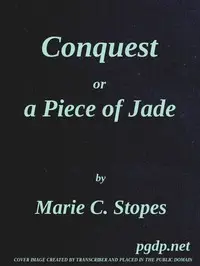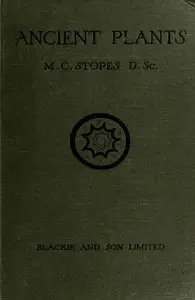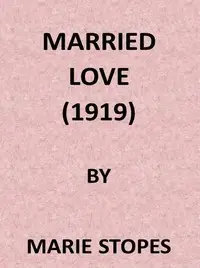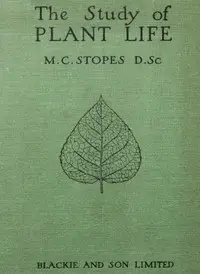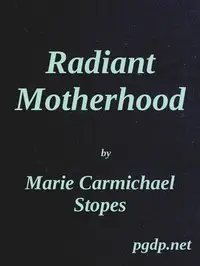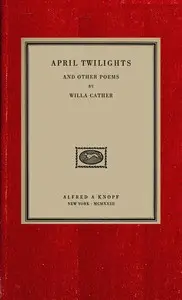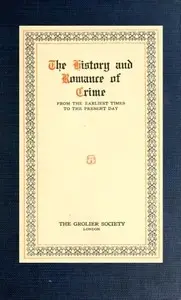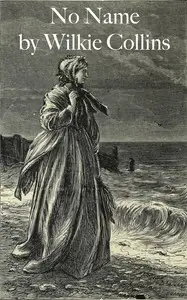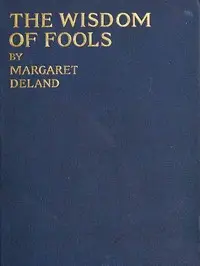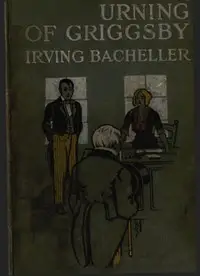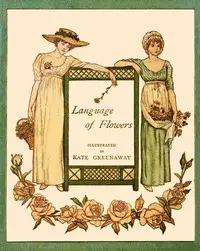"A Journal from Japan: A Daily Record of Life as Seen by a Scientist" by Marie C. Stopes is a scientific journal written in the early 20th century. This work chronicles the author's experiences and observations during her time in Japan, focusing on both the natural environment and cultural aspects of Japanese life as she conducts her scientific research. The opening of the journal introduces readers to Stopes’s motivations for documenting her travels: to capture immediate impressions that might fade with time. She reflects on her journey as a female scientist, navigating the complexities of Japanese customs while seeking fossils and coal. The early entries detail her initial experiences in Tokyo, including her surprise at the city's waterways resembling those of Venice, her encounters with local customs, and her aspirations to immerse herself in Japanese culture while maintaining her scientific goals. As she describes her interactions with locals and her impressions of the landscape, it becomes evident that this journal offers a unique perspective on Japan during a transformative period, blending personal narrative with scientific inquiry. (This is an automatically generated summary.)
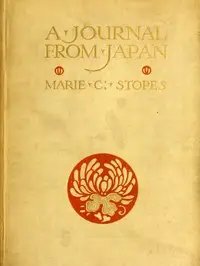
A Journal from Japan: A Daily Record of Life as Seen by a Scientist
By Marie Carmichael Stopes
"A Journal from Japan: A Daily Record of Life as Seen by a Scientist" by Marie C. Stopes is a scientific journal written in the early 20th century. Th...
Marie Charlotte Carmichael Stopes was a British author, palaeobotanist and campaigner for eugenics and women's rights. She made significant contributions to plant paleontology and coal classification, and was the first female academic on the faculty of the University of Manchester. With her second husband, Humphrey Verdon Roe, Stopes founded the first birth control clinic in Britain. Stopes edited the newsletter Birth Control News, which gave explicit practical advice. Her sex manual Married Love (1918) was controversial and influential, and brought the subject of birth control into wide public discourse. Stopes publicly opposed abortion, arguing that the prevention of conception was all that was needed, though her actions in private were at odds with her public pronouncements.


